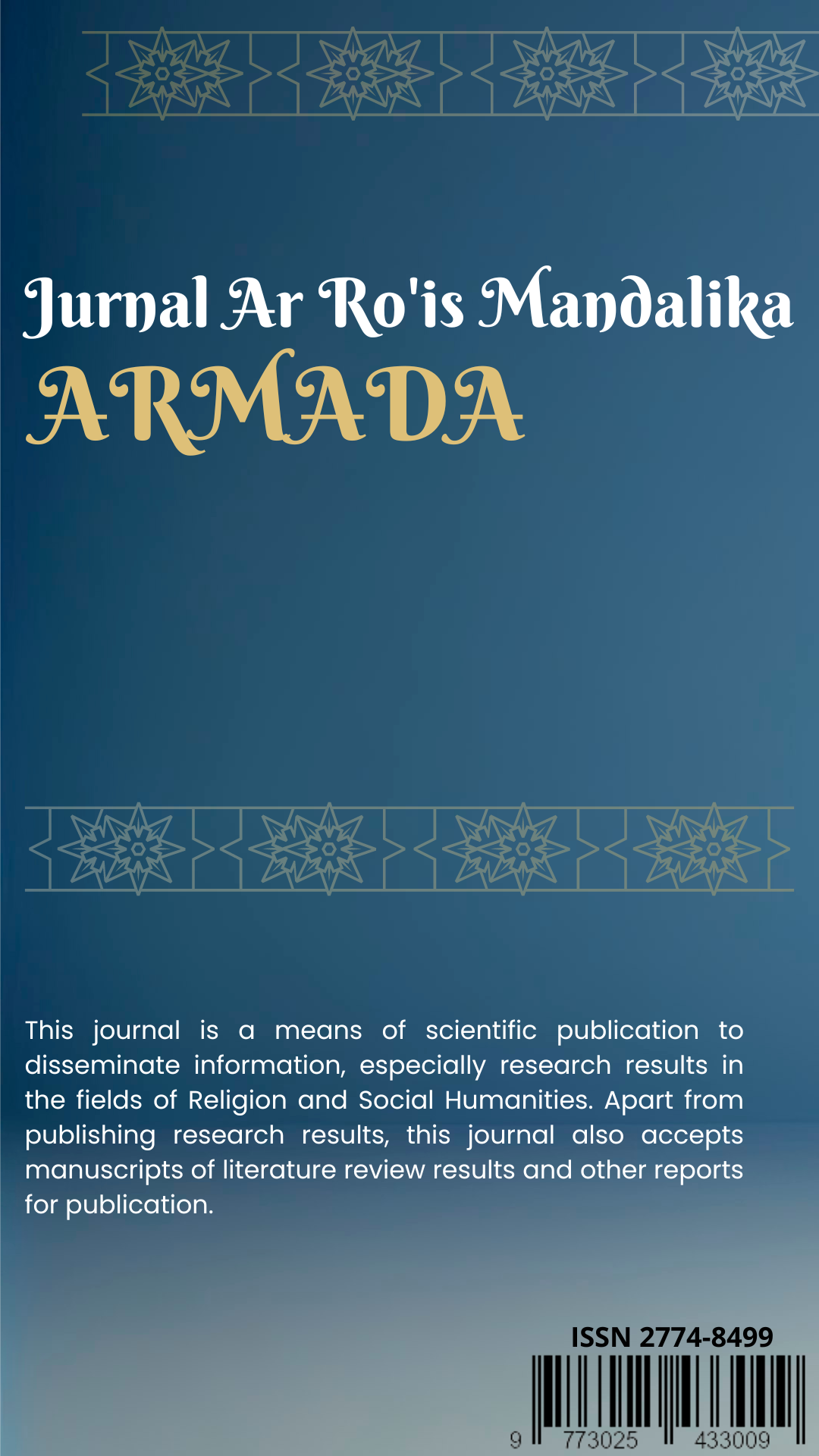A Legal Review of the Limitation of Citizens' Constitutional Rights During a Global Health Emergency
Abstract
The COVID-19 pandemic has posed significant challenges to legal systems and the protection of constitutional rights globally. Restrictions on fundamental rights, such as freedom of movement, assembly, and work, imposed by governments to protect public health, have sparked debates on the extent to which constitutional rights can be limited during a global health emergency. This study aims to analyze how different legal systems in various countries address the limitation of constitutional rights during the COVID-19 pandemic, with a focus on the principles of necessity, proportionality, and non-discrimination in the framework of international human rights law. Using a qualitative approach through literature study and library research, this article examines various constitutional legal frameworks, emergency laws, and the application of relevant international human rights principles. The findings show that although many countries have constitutional provisions allowing for the restriction of certain rights during emergencies, the application of the principles of proportionality and necessity varies. The study also highlights the critical role of judicial oversight to ensure that rights limitations are not excessive and are applied fairly, and the importance of aligning national laws with international human rights standards. The implications of this research suggest the need for long-term legal reforms to ensure just and non-discriminatory limitations of rights in future global health emergencies.
Copyright (c) 2025 Dwi Saleha, Semuel Haning, Rajab Lestaluhu

This work is licensed under a Creative Commons Attribution 4.0 International License.









:strip_icc():format(webp)/kly-media-production/medias/4550198/original/016488700_1692862388-cover.jpg)

